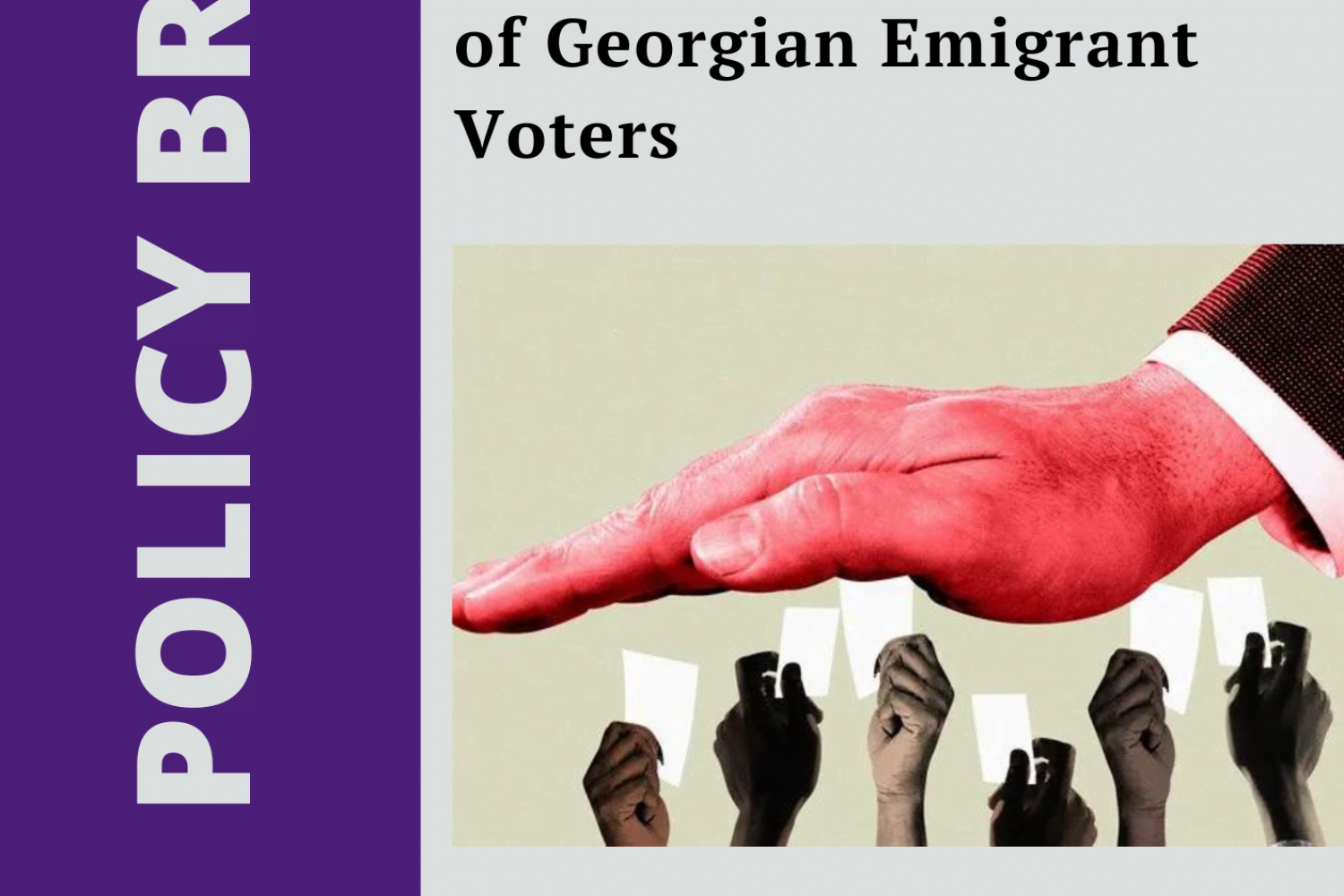2024-05-24 12:44:35
The rising level of emigration from Georgia presents a significant challenge for electoral participation. Lower turnout rates among emigrants, attributed to bureaucratic and geographical barriers, contribute to the substantial number of “missing votes”. With an estimated 18% of the eligible voters residing abroad, these votes could be pivotal in diversifying Georgia’s political landscape and breaking the one-party dominance. Hence, engagement with the diaspora is gaining more and more prominence in the agenda of Georgian political parties, especially the opposition. This policy brief, following the work of Giesing and Schikora (2023), examines the voting pattern of Georgian emigrants in the last three national elections and argues that “missing votes” pose challenges to the representation and political pluralism of Georgian democracy. Addressing these challenges through policy reforms, increased engagement, and international collaboration can ensure a more inclusive electoral process, reflecting the true political preferences of all Georgian citizens, including those abroad.
Key Words: Elections, Emigrants, Democracy, Representation
Policy Brief #58 | May 2024
This publication has been produced with the generous support of the Embassy of Switzerland in Georgia. The opinions expressed are those of the author and do not necessarily reflect the views of the Georgian Institute of Politics and the Embassy of Switzerland in Georgia.




